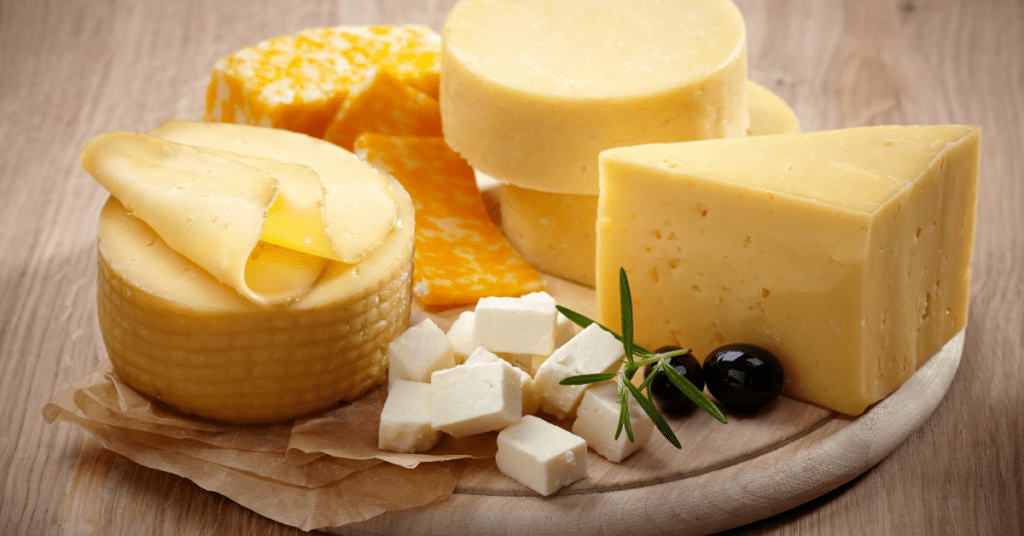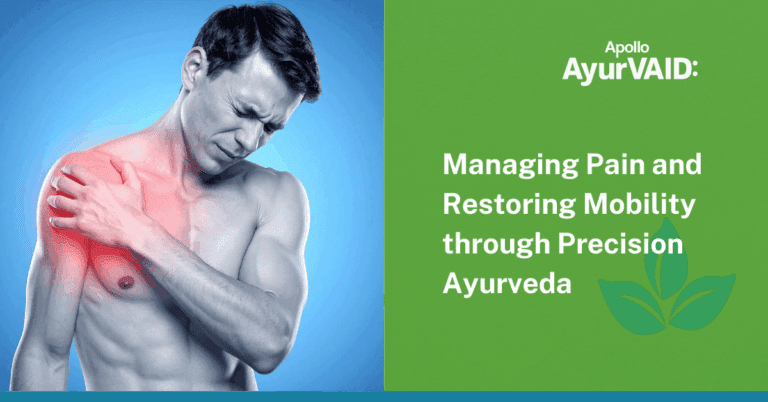
Web Stories
Step Into the Story: Explore Now
Introduction
Preservation of milk, as curd, buttermilk or cheese, all require different techniques. Cheesemaking requires fermentation, that converts lactose to lactic acid, that gives cheese its unique flavour and texture. The history of cheesemaking can be traced back to the Roman empires. In India, paneer, a softer variety of cheese was introduced probably by the Persian and Afgan rulers. In this blog, we will discover more about Cheese and its Ayurveda perspective.

Types of Cheese
While hard cheese is made by rubbing in salt to preserve it for long durations, soft cheese like paneer is made using curdling of milk, without the use of salt. Thus, there is a vast difference in the property of soft and hard cheese as per Ayurveda. Soft cheese is sattvic in nature while hard cheese is tamasic in nature. As both are made with full fat milk, it is guru or heavy in nature and is good for balancing Vata, given you have good agnibala or digestive strength.People with high kapha and pitta dosha should prefer soft cheese, as too much salt or lavana aggravates pitta and kapha. Hard cheese is heavier to digest and is dense, and so is more suitable for colder European climate.

Nutritional Value of Cheese
Cheese is a rich source of protein, calcium and Vitamin A and yet, it is mentioned in the list of Nitya Asevaniya Ahara Dravya (food items that are not suitable for daily consumption). As cheese is heavy to digest, it can vitiate the tridoshas and rakta or blood if you do not have a good metabolism. It should be avoided during summer when the agni is low and at night.
Cheese During Pregnancy
It should be consumed in moderation, as it is tamasic. It is worth noting that people who live in extremely cold climates can reap many benefits from cheese, as it helps keep their body warm and agnibala is high in cold climate.
Conclusion
Whether cheese suits your body needs or not depends on your agnibala, status of dosha and the climatic condition you live. Ayurveda is a highly customised health science, and so what is good for you might be harmful to another. Understanding how cheese interacts with your body and monitoring it is the best way to make an informed decision whether to include cheese in your diet plan or not.
Frequently Asked Questions






